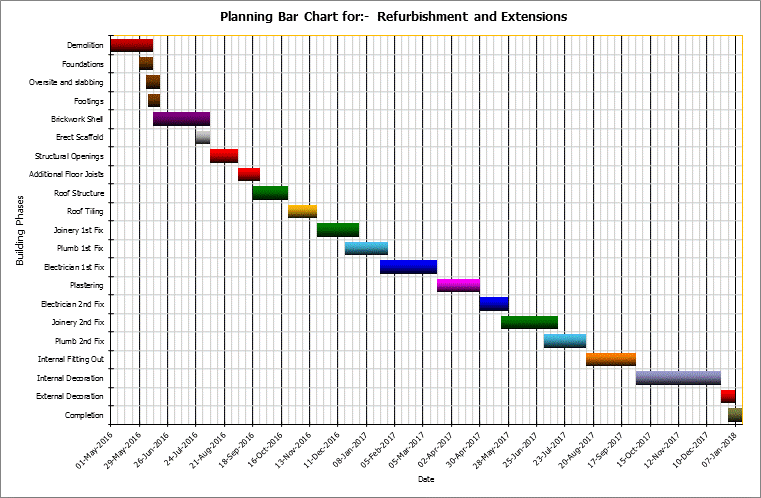A contract is one of the most important documents between a builder and his client. Despite its importance, most clients often sign such contracts without either reading the content therein or without seeking to understand the underlying terms.

In some occasions, a builder or contractor would encourage his client to just sign it with the argument that it is a standardised contract and he has never experienced any problems with it when dealing with other clients. My building contract advice to my clients often includes the issues that should always be included in any building contract when they are working with either a builder or a contractor. These include the following:
Job description
One of building contract advice that I always offer to my clients regards the need to define the work that a builder or a contractor is a supposed to perform. For instance, if one is building a house, the builder and the client need to agree on the kind of work that the builder is supposed to accomplish before the project can be marked as complete. In addition, the contractor and the client need to agree on the materials that should be used on the particular project, as well as the location where such materials are to be used such as the kitchen, bathroom, inside or outside the building, etc. This section in the contract needs to also include a clause that the contractor or builder understands the requirement of his client and will comply with such requirements. Note that by defining the scope of the project in the contract, both the builder or contractor and their client are empowered to defend themselves in case of discrepancies in the completed work.
Timeframe of the Project
Time is another key element that needs to be defined clearly in the contract. Both the contractor or builder and the client have a specific timeframe in their mind in which they expect the project to be completed. In some cases, some builders and contractors seek ways to avoid committing themselves in writing on the completion dates of the project and instead promise impressive timeframes to their clients by word of mouth. However, this should not be the case. Therefore, when offering a building contract advice to my clients, I encourage them to include the clause “time is of the essence” to ensure that the contract is able to complete the project within the agreed time. Furthermore, such a clause gives the clients the power to seek payment of damages from the contractor in case the contractor or builder fails to complete the project within the agreed upon timeframe.

Performance and insurance bond
There are numerous risks that a construction site poses to people who work in such an environment. These risks include minor or major injuries to workers and in the worst-case scenario, death. Therefore, a building contract needs to include provisions for performance and insurance bond, which will ensure that the skilled and nonskilled workers at the construction sites, as well as the builder or the contractor, are sufficiently insured. Importantly, a performance bond is necessary to safeguard the clients from the inability of the builder or contractor to complete the project because of injuries, death or any other eventuality. In such a case, it gives the client a chance to hire a new contractors or builder in case the first one is not in a position to complete the project.
Payment schedule
A building contract also needs to define how the client will pay the contractor or builder. In other words, a client is not legally bound to pay the contractor or builder more than 10 percent of the agreed upon amount in the contract. In addition, the contract needs to indicate that the client should only pay for the work that has already been done rather than paying for the work that is yet to be done. This clause in the contract protects both the contractor or builder and the client in the sense that the latter will face no risk of non-payment from his client for work done, while the former will face no risk of payment for work that will not be done correctly or will not be performed at all.

Resolution mechanism of arising disputes
Despite the fact that contractors or builders and their clients expect to work on the project without any conflict, there are cases where conflicts arise. In such cases, there is a need for conflict management mechanism. A building contract needs to include clauses on how the parties will solve the disputes that arise either in the work being done or in the contract.

There are other clauses that need to be included in a building contract. However, the above clauses should not at any cost miss in any contract.